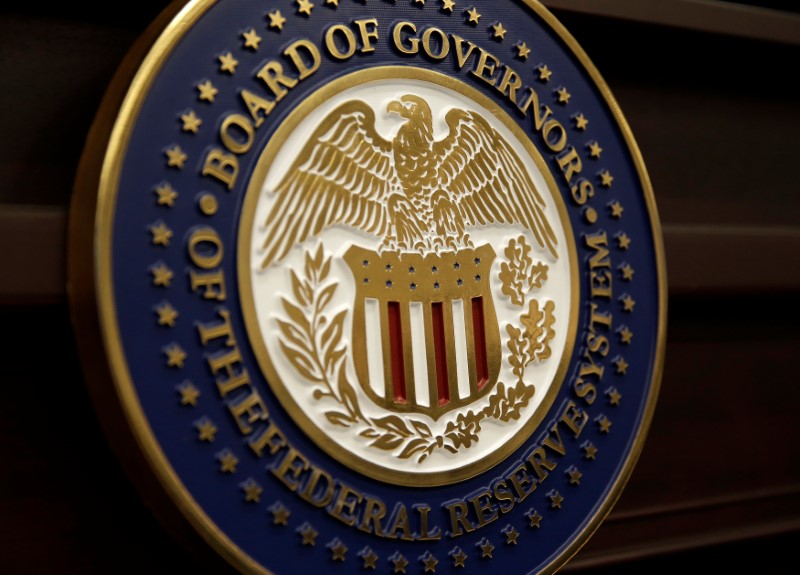By Ann Saphir and Lindsay Dunsmuir
DALLAS/WASHINGTON (Reuters) - When the Federal Reserve raised rates earlier this week, Fed Chair Janet Yellen expressed confidence that recent weak inflation readings were transitory. Fed officials on Friday signaled that doubts are simmering.
In an interview with Reuters on Friday, Minneapolis Federal Reserve President Neel Kashkari said he was not alone at the U.S. central bank in his view the Fed should have waited to raise interest rates until it was sure the recent drop in price pressures really is temporary.
"I wish other people were joining me in my dissents, I'll say that," Kashkari said in a phone interview with Reuters. "I think that there's more sympathy for my views, but maybe people aren't ready to take action."
Kashkari was the lone policymaker to vote against the Fed's decision on Wednesday to raise its benchmark lending rate by a quarter percentage point.
He also voted against the Fed's first rate hike this year, in March, although he said that his June decision was a closer call because the labor market had clearly strengthened. But while many of his colleagues were uncomfortable with risking a surge in inflation if the Fed failed to act, Kashkari was more worried about the costs of excessively low inflation.
Dallas Federal Reserve President Robert Kaplan on Friday also signaled the decision to raise rates earlier this week was a tough one, although he in the end supported a rate hike and said he feels comfortable with that decision.
"In this job you make trade-off decisions; I think the fact that inflation of late has been more muted, for me, made me weigh those trade-offs much more carefully," Kaplan told reporters after a meeting of the Park Cities Rotary Club in Dallas. But he said he would want to see more evidence that inflation will rise toward the Fed's 2-percent inflation goal before increasing rates again.
"The run of weaker core inflation readings has clearly rattled some Fed officials," Capital Economics wrote in a note to clients earlier on Friday.
The U.S. unemployment rate fell to a 16-year low of 4.3 percent in May, but the Fed's preferred measure of underlying inflation has been running below target for more than five years and in April slowed a second month to 1.5 percent.
That has led to some beginning to question the validity of the traditional narrative of a tight labor market eventually sparking higher inflation.
"Recent global developments add doubt to whether the traditional dynamics still work," Barclays (LON:BARC) economist Christian Keller said on Friday. He cited the examples of Japan and Germany, whose unemployment levels have declined to levels not seen since the early 1990s but where wage pressures also remain sluggish.
At its latest meeting, the Fed scaled back its inflation forecasts for this year to 1.6 percent but according to policymakers’ median forecasts, still sees inflation rising to 2 percent next year. It also maintained its forecast of one more rate hike this year and three the next.
But policymakers' inflation forecasts are more optimistic than forecasts by Fed staff, who provide economic intel to the Fed Board of Governors. The latest Fed staff forecast shows they expect inflation to still be below 2 percent in 2019.
Still, Kashkari, who ran the Treasury's bank bailout program during the 2007-2009 financial crisis, said the level of concern he feels now is "no comparison" to the feeling he had back then.

"If we are making a mistake, we are making a small mistake now that I think we can recover from," Kashkari said in the interview. "I am not sounding an alarm bell like, 'Iceberg ahead!'"